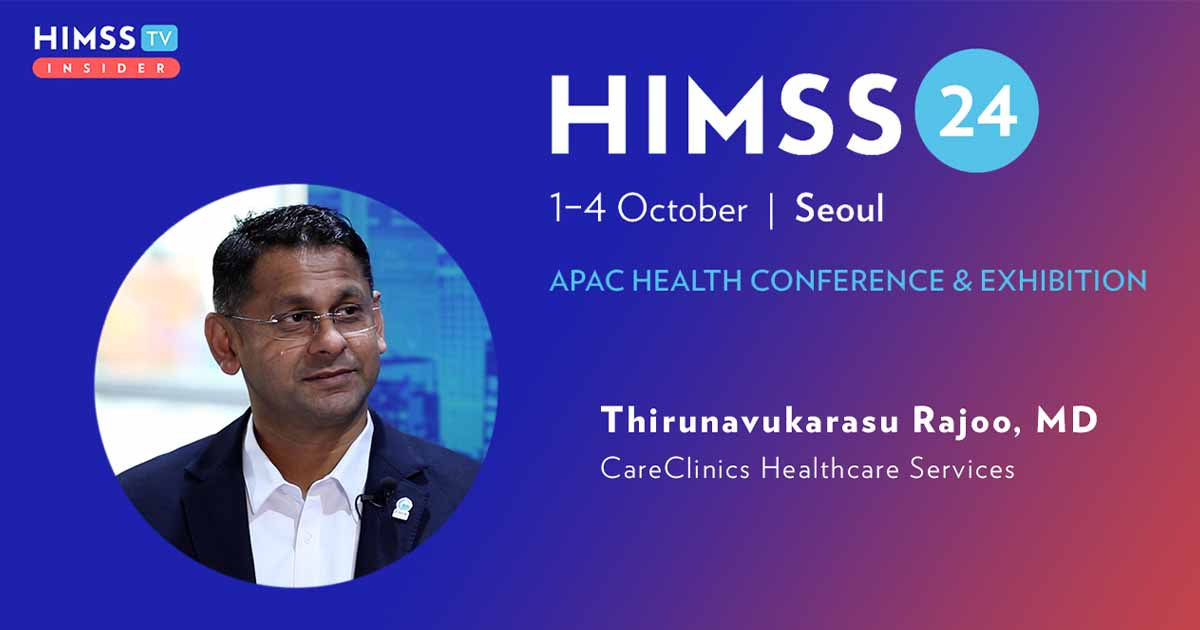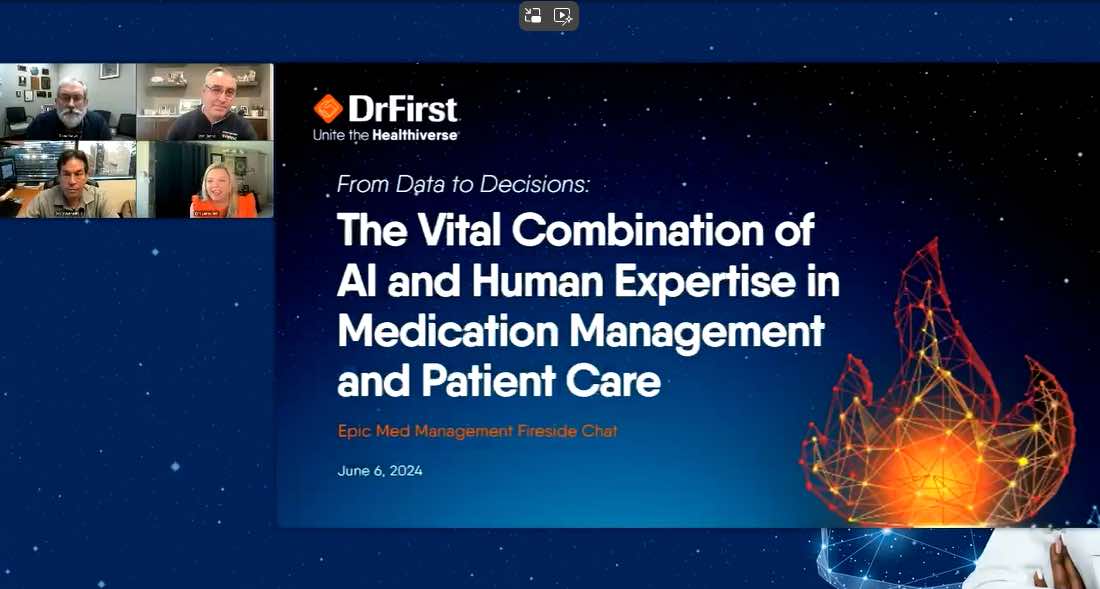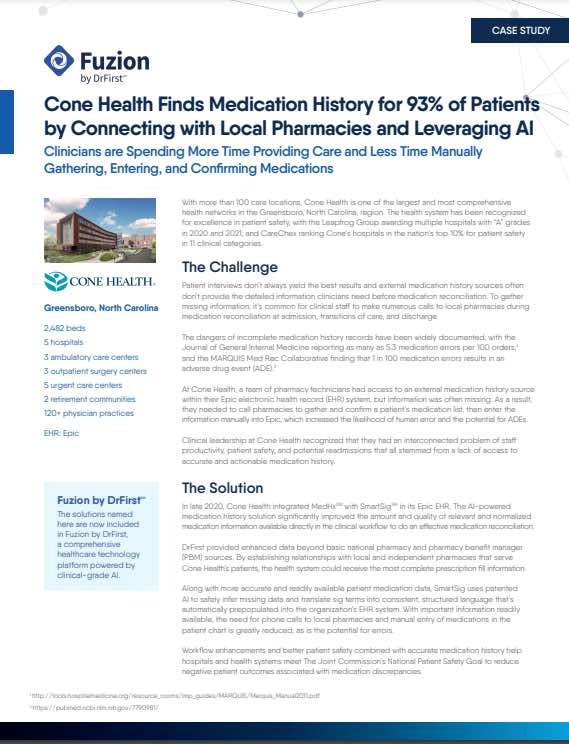Electronic Health Records (EHR, EMR)
After over two decades, Institut Jantung Negara has successfully implemented a hospital-wide EMR system, fully integrating technology-enabled patient care.
The Drug Enforcement Administration is excusing Veterans Affairs' virtual care providers from participating in a federal telehealth controlled substance registry framework if the patient had a previous in-person visit.
Private Malaysian primary care chain CareClinics emphasises its mission to deliver technology-enabled personalised care, shares CEO Dr Thirunavukarasu Rajoo.
Success Stories & ROI
The St. Louis pediatric hospital has fully integrated its in-house behavioral health team with vendor tele-psychiatrists – including in its Epic EHR. The percentage of new patients scheduled within 14 days has jumped from 14% to more than 60%.
He discusses the particular cybersecurity challenges for post-acute care settings, and previews a HIMSS25 session that will help IT leaders at nursing homes, home health and assisted living groups can improve their privacy and security postures.
The company says in a 46-page detailed argument that Epic sought to deliberately eliminate its ability to gain payer market share and "brazenly doubles and triples down on knowingly false statements about Particle in its motion."
Healthcare providers and IT vendors in the region have weighed in with their predictions for healthcare technology in the new year.
The electronic health record vendor group was founded two decades ago with a bold premise: competitors working collaboratively to identify issues related to software development and functionality for EHRs and to further the initiatives laid out by HHS.
Join leaders from Scripps and Monument Health as they talk with DrFirst’s CMO, Colin Banas, M.D., M.H.A., about their real-world uses of AI-powered solutions to help clinicians save time and enhance care delivery.
Cone Health is one of the largest health networks in North Carolina, with more than 100 locations. Pharmacists often had to make multiple phone calls to confirm a patient's medication list, then manually enter the information into their Epic electronic health record (EHR) system, increasing the likelihood of human error, and the potential for adverse drug events and clinician burnout.







